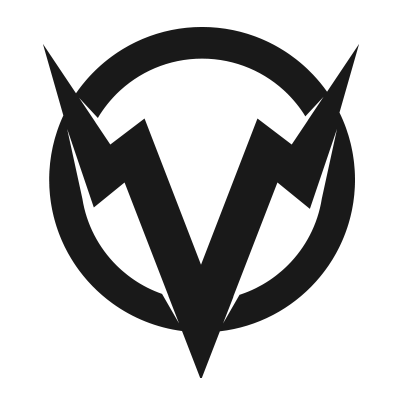Complete as many rounds as possible in 18 mins of:
15 Box Jumps (24″/20″)
12 Push Press (115#/75#)
9 Toes-to-bars
Post rounds and reps to comments and BTWB.

Breathing ~ Luke Palmisano
I get a lot of people asking me when or how to breath during exercises. I really like this question, because rarely do I think about this topic. Come to think of it… I think I should think about it more. Which, again, is why your questions are good. I mean, why think if you don’t have to think, right?
Forget I said that. I ALWAYS think. All right I really don’t. But I should.
I digress.
Let’s go over why this matters. If you were to take the biggest breath you could before performing a really big lift (think one-rep-max deadlift or squat), a number of things happen inside of you. Because air cannot escape your body, the pressure in your thoracic cavity (involving your rib cage and your lungs, generally speaking) spikes. This pressure squeezes the vein that returns blood to the heart. Therefore, the blood returning to the heart decreases. Therefore, blood going back out to the rest of the body decreases. Because the amount of blood going through the heart decreases, the heart rate will compensate by spiking. In addition, your blood pressure spikes. In a bad scenario, this decreased volume of blood leaving the heart can result in brain anemia and a loss of consciousness (this has never never never never never never never never never ever happened to me, by the way). The good news is, after you pass out, your vital signs all gradually return to normal. But not before some scariness occurs. Point is, it’s good to know how to breathe, and to avoid passing out while working out (again, I do not know this from personal experience).
So, some tips.
- Don’t hold your breath doing light weight reps. Breathe at the beginning and ending of the movements. Thrusters are a good example of this. You want to breathe at the top and the bottom of the movement. Holding your breath too much stresses the lungs unduly while working out. Oxygen is good.
- If you’re a beginner at lifting, your exposure to heavy loads should be limited.
- You do not want to take the biggest breath possible before performing a maximal effort lift. Repeat: do not. You want just enough oxygen to increase pressure in your abdominal cavity.
- When lifting heavy, try exhale forcibly, but slowly. This will decrease the pressure in your thoracic cavity, which should decrease the risk of blacking out.
- If you’re a beginner, you should inhale and exhale during lifting reps, especially when the weight is held on the chest. This will help keep your weight lighter, which is good; you’re still getting used to the movements.
The information for this post was heavily referenced from the book Science and Practice of Strength Training, by Vladimir Zatsiorsky and William J. Kraemer.
